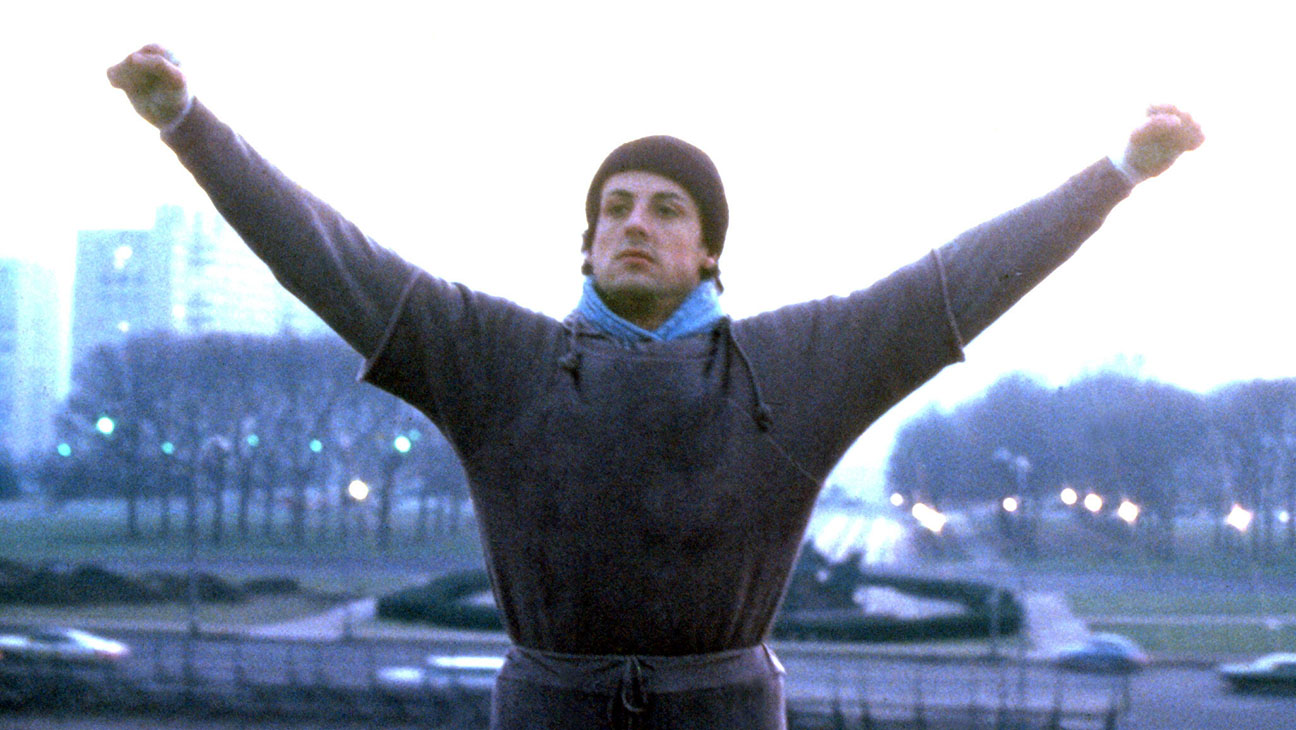Few films in the history of cinema have achieved the iconic status reserved for Rocky, the 1976 sports drama written by and starring Sylvester Stallone. More than just a boxing movie, Rocky has become synonymous with personal triumph, resonating with audiences across cultures and generations. Understanding why this character and his story continue to inspire requires examining several key aspects: the underdog narrative, authenticity, cultural impact, and the film’s real-world parallels.
The Underdog Narrative: Embodying Hope and Grit
At the heart of Rocky lies the timeless appeal of the underdog. Rocky Balboa, a small-time club fighter from Philadelphia, gets the chance of a lifetime to challenge the reigning heavyweight champion, Apollo Creed. He comes from humble beginnings, living in a rundown apartment, working as a debt collector, and dreaming of something bigger. Despite his lack of resources, he faces adversity with relentless perseverance.
This story reflects the personal challenges many individuals encounter. Audiences connect with Rocky’s path as it illustrates real-life situations where dedication surpasses inherent ability or advantage. He states, “It ain’t about how hard you hit. It’s about how hard you can get hit and keep moving forward.” This particular statement embodies the movie’s core message and explains why the protagonist serves as an emblem of individual success.
Authenticity: Rocky’s Realism Resonates
In contrast to conventional Hollywood protagonists, Rocky presents as imperfect, susceptible, and genuinely real. He grapples with uncertainty, interpersonal connections, and proficiency. Viewers observe his clumsy courtship with Adrian, his strained bond with his friend Paulie, and his quest for recognition both within and beyond the boxing arena. His triumphs are not easily gained; each accomplishment is the result of significant effort.
Furthermore, Stallone’s own journey while creating and starring in Rocky mirror’s his character’s. Stallone, then an unknown actor, refused to sell the script unless he played the lead, eventually making the film on a modest budget. The behind-the-scenes story reinforces the film’s central message—through sheer will and resilience, one can overcome overwhelming odds.
Cultural Impact: A Universal Narrative
Rocky’s story transcends borders. The image of him running up the steps of the Philadelphia Museum of Art has become a global symbol of aspiration and accomplishment. The steps themselves were officially nicknamed “The Rocky Steps,” and tourists from around the world recreate the iconic run, celebrating their own personal milestones.
The inspiring theme song, “Gonna Fly Now,” highlights training sequences frequently analyzed and mentioned in film studies, advertising, sports, and public gatherings. Sportspeople, business owners, and ordinary people acknowledge the movie’s influence on their personal pursuits of greatness. Many actual instances demonstrate individuals gaining inspiration from Rocky’s story—marathon participants enduring rigorous training, students overcoming challenges, and countless others relating to Rocky’s unwavering determination.
Insights into Perseverance and Confidence
The real essence of Rocky’s success isn’t in prevailing in the bout; actually, he is defeated in the contest by a split decision. His win lies in enduring the full duration, accomplishing what was believed to be unattainable, and re-evaluating the definition of individual achievement. The movie challenges the conventional sports story of mere triumph, instead emphasizing self-control and internal contentment.
Numerous follow-ups consistently delve into these concepts, with each one confronting Rocky with evolving obstacles—such as growing older, experiencing bereavement, and considering his heritage—illustrating that individual success is a continuous journey, not a fixed state. This particular aspect sets Rocky apart from simplistic heroic narratives.
The Legacy of Rocky as Personal Triumph
The enduring impact of Rocky is apparent across education, commerce, and even psychological studies. Scholarly articles examine the character’s mental fortitude as a prime example of perseverance. Inspirational workshops cite his resolve as a model for overcoming anxieties and self-doubt. The commercial triumph and critical recognition of the Rocky series (with the initial movie securing three Academy Awards, including Best Picture) solidify its position in collective awareness.
Through its authentic portrayal of struggle, grounded realism, and universal appeal, Rocky remains more than just a film: it is a cultural touchstone that encourages individuals to find strength in adversity. The narrative reminds us that personal triumph is less about applause and more about the courage to persevere, inspiring others to confront their own challenges, regardless of the odds stacked against them.




